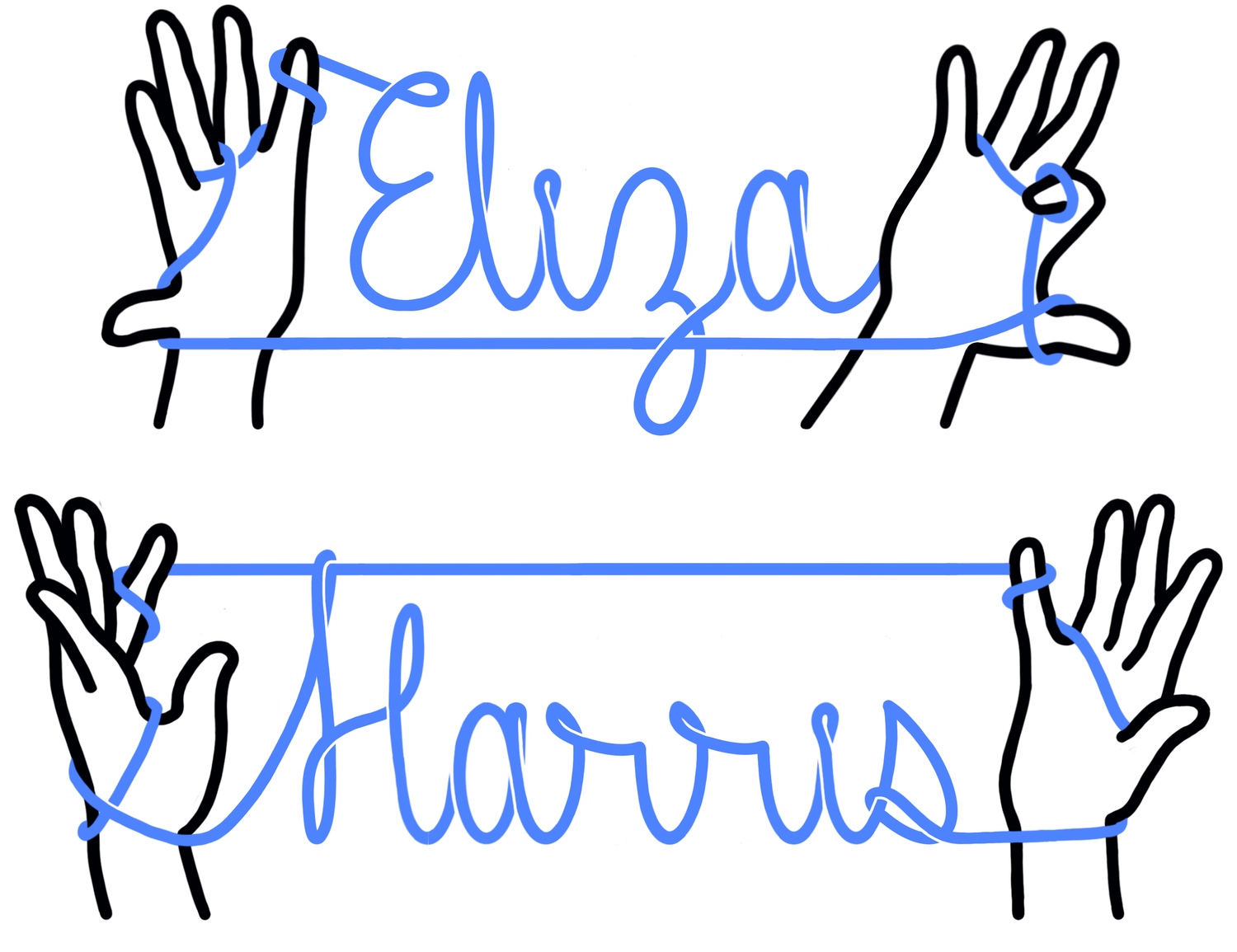An Interview with Lilly Dancyger, author of Negative Space
For Catapult Magazine, I spoke with Lilly Dancyger about her debut memoir, when to step away from a project, and the difference between blame and anger.
Interview Excerpt:
EH: Anger is another experience that you capture beautifully in Negative Space. Particularly, you render the complexity of loving someone struggling with addiction, feeling anger at the choices they’ve made while understanding addiction as “the furthest thing from deliberate choice.” Your previous book, Burn It Down, is a collection of essays by women about anger. Could you talk a bit more about your interest in, and experience of, writing about anger, for either of these books?
LD: These projects are very much related in my mind. I don’t think I would have been in the position to edit Burn It Down if I hadn’t already been writing Negative Space for several years by the time that project came to me. I had already been writing a lot about the strange ways that anger has behaved in my own life, unearthing it, engaging with it, and coming to understand that logic doesn’t erase it. Like in this example we’re talking about, knowing that somebody did their best, knowing that they couldn’t help it, knowing that they didn’t mean it—that, in my experience at least, doesn’t really do much to eliminate anger.
I think anger and blame are different. You can decide not to blame someone, to not hold it against them, but you can still feel anger for how you were affected. Being able to hold those simultaneously is something that took me a while to come to. Because I was already so immersed in untangling that for myself, I felt equipped to shepherd these essays by other writers grappling with similar questions about where anger lives in their lives and coming to understand that it plays by its own rules and you can’t corral it, or erase it, or banish it. If it’s there, it’s going to be there, and you just have to accept it and let it exist.
Published 2022. Full interview here.


